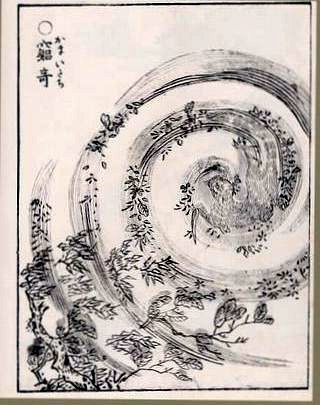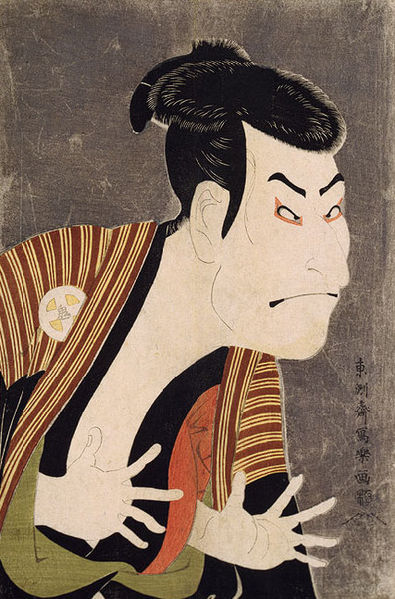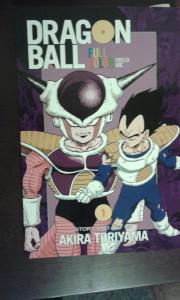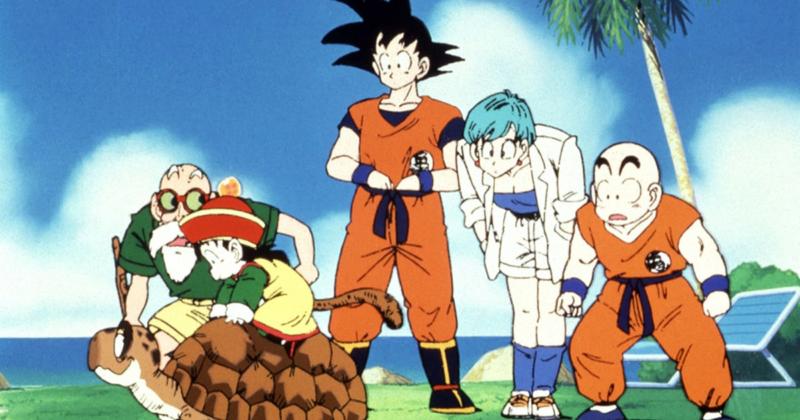
Akira Toriyama died from acute subdural hematoma. He was 68 years old. Toriyama’s started in manga by entering a Weekly Shonen Jump contest, which he lost. But his entry attracted the attention of Kazuhiko Torishima, who would later become his editor. Toriyama broke into manga when he was 23 with his first work Wonder Island, released in 1978. Dr. Slump marked the beginning of his popularity. Toriyama is best known for Dragon Ball, which drew inspiration from the Chinese novel Journey to the West. Dragon Ball spans 42 volumes and sold more than 260 million copies. The story helped shape manga and anime into what we now enjoy. Eiichiro Oda, the author of One Piece, admired Toriyama’s work. Toriyama also illustrated and designed characters for video games like Chrono Trigger and Dragon Quest. These were my first exposures to Toriyama’s work.
He was known as a private man and even labeled himself as a hikikomori. He married a former mangaka. Her pen name was Nachi Mikami. Interestingly, he started in a interview: “I have always had a hard time reading manga, including my own work.” (Yoon, 2024). Yoon (2024) also accounts:
Throughout his career, Mr. Toriyama said in a 2013 interview with the Japanese newspaper The Asahi Shimbun, he did not care if his work did anything besides entertaining its readers. He was, he suggested, unlike “other manga artists concerned about conveying didactic messages.”
“The role of my manga,” he said, “is to be a work of entertainment through and through.”
His publisher states he had many different projects in the works when he passed.
Akira Toriyama’s death acts as a reminder of your own death. Most importantly, his death acts as a reminder to do your work. While he leaves unfinished work behind, he left a large body of work, work which inspires, entertains, teaches, and comforts people. His work will continue to do so. He managed to find and chase his calling. And he chased this calling until he died. The best way to pass from this life is to leave behind a body of work that benefits humanity. It’s best to leave unfinished work. The unfinished work may appear tragic, but it stands as a testament to how you followed your calling up to the very end. A full life is an unfinished work when we die. A finished life is one that does nothing, one that doesn’t find and chase its calling.
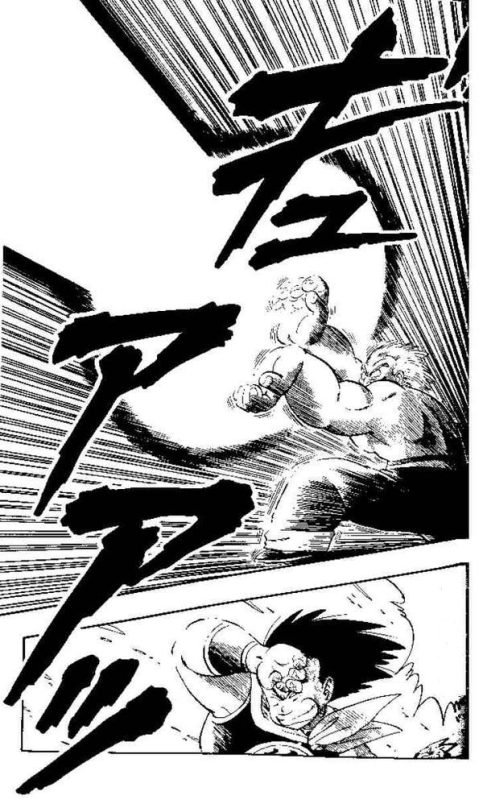
No doubt when Toriyama decided to try writing manga, he felt uncertain. He felt the risk. Chasing your calling carries uncertainty. Your calling is obvious, so obvious you can’t see it. For example, writing is my calling, but I didn’t see that until I was in my 30s. I had written stories (and drawn) since I could hold a crayon and learned how to make words. Over time, I lost awareness of writing’s pleasure. It stood in front of me, but I couldn’t see it. Callings are so obvious we overlook them, sometimes for our entire lives. Uncertainty too keeps us from chasing our callings. Chasing our calling doesn’t mean going all in. We can ease into our calling, and not all callings are valued by the market. Luck plays a significant role. Toriyama got lucky. This doesn’t diminish his hard work–and mangaka work fearsome hours. However, Toriyama’s work was noticed and was released when the audience was ready for it. Often in the arts work goes unnoticed and fails to have an audience until long after the artist is dead. That’s the role of luck. Hard work stands independent of luck. Luck is little more than circumstances beyond your influence–audience reception, publisher reception, and so on. All you control is the work itself. You control your learning and your execution. For every artist like Toriyama, there’s dozens, perhaps hundreds, of manga artists who can’t break through. Some fail to break through (that is, become a commercial success) because the quality of their work isn’t high enough. Studied practice can fix this. Others can’t break through because of luck. Their work may be high quality but its timing is bad, or its audience doesn’t yet exist, or publishers aren’t yet interested in such stories. Luck is a frustrating fact, frustrating because we cannot influence it.
Toriyama’s passing doesn’t leave a void. Some fans will lament the works he won’t create, but we cannot know what hasn’t been created. His death doesn’t leave a void; it leaves a fullness. Dragon Ball will continue to inspire new ideas and stories and artists.
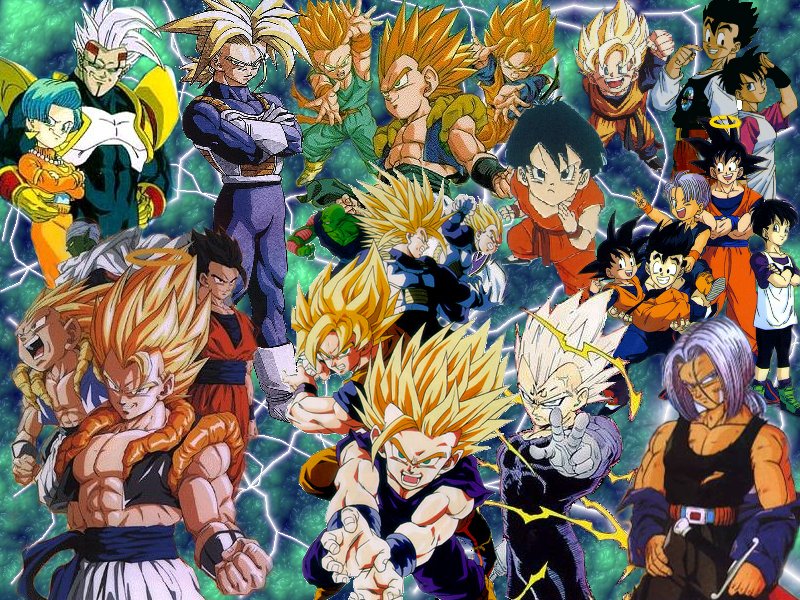
Everything has to end. It’s tragic that Toriyama passed, tragic for his family most of all. Yet we all have to die. As I age, I feel death sitting on my shoulder. I feel the passage of time. Toriyama died at 68, which is a mere year after the age I could retire. I imagine grinding with retirement in mind only to die a year into that freedom. Doing what you want to do, seeing to your calling and purpose, ought to be what you do now. You can’t wait until retirement because you may not live long enough to even reach retirement. See to your calling now, even if only in a small way. Use Toriyama’s death to awaken yourself to life and purpose. Start the quest to find your purpose if you lack one. If you know what you enjoy, do it. It doesn’t have to generate money; do it for the sake of doing it. Keep your day job and carve out what time you can find for your purpose, whatever it may be. Leave behind a body of work that makes the world a little better.
References
Mohtasham, Diba (2024) Why Dragon Ball creator Akira Toriyama was so important to the world of anime. NPR. https://www.npr.org/2024/03/08/1237072321/akira-toriyama-dragon-ball-creator-dies-manga-anime
Speed, Jessica (2024) ‘Dragon Ball’ creator Akira Toriyama dies at 68. The Japan Times. https://www.japantimes.co.jp/culture/2024/03/08/dragon-ball-akira-toriyama-dies/
Yoon, John, Notoya, Kiuko (2024) Akira Toriyama, Creator of ‘Dragon Ball,’ Dies at 68. The New York Times. https://www.nytimes.com/2024/03/08/arts/akira-toriyama-dead.html
